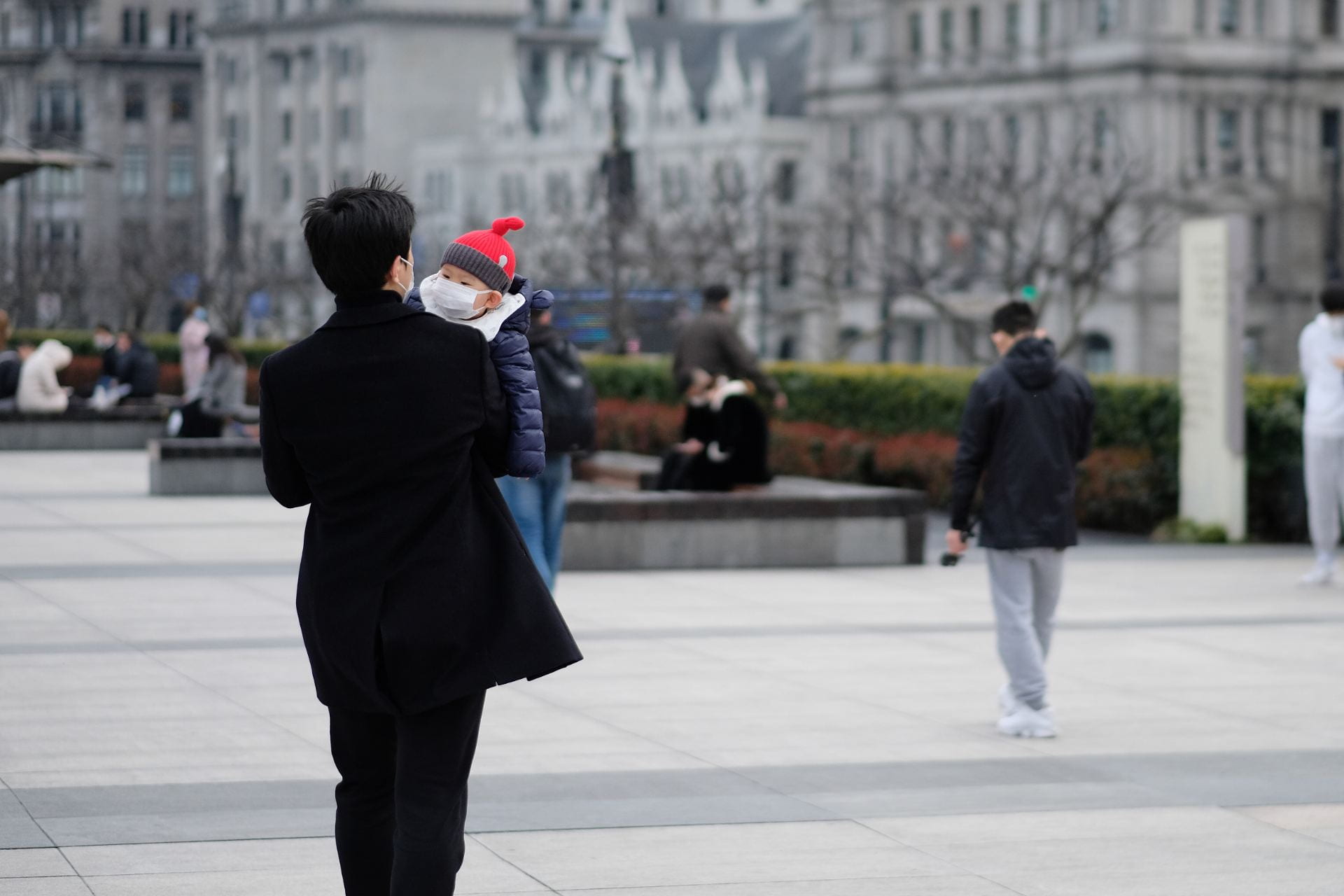Provost’s Chair Professor Jean Yeung (NUS Department of Sociology & Anthropology and Yong Loo Lin School of Medicine) was interviewed by Channel NewsAsia (CNA) to discuss why China’s population dropped for the first time in six decades.
Prof Yeung cites the decline in the fertility rate since the implementation of the one child policy and during the decade prior as the main reason. The fertility rate had rapidly declined during the past 50 years. In addition, she remarks that people’s attitudes toward marriage and childbearing had changed, due to the increase in educational opportunities, particularly for women. Marriage is no longer as important or necessary for women and married couples are having children at lower rates. The rising costs of education, housing, and marriage have also contributed to the lowered fertility rates.
Prof Yeung elaborates that despite the scrapping of the one child policy seven years ago and the Chinese government’s implementation of new measures to encourage married couples to procreate, continued economic uncertainty and the social norms that caused people to grow accustomed to smaller families that resulted from the one child policy have contributed to the population decline. Furthermore, gender inequality, especially in the labour market, has made it harder for women (who have higher education levels than in the past) to juggle both having a family and having a career, and government incentives are not enough to influence women to give birth at higher rates.
Prof Yeung additionally explains how the population decline will impact China’s economic development. She notes that the ratio of older adults to the working age population is of key importance. The fewer working adults there are to support the older adult population, the greater stress the whole population will face. She adds that in the long run, the era of very rapid economic growth for China has ended. Prof Yeung emphasizes that it is important to recognize that the country’s population trend does not depend as much upon the number of babies born, but rather, the human capital of China’s youth. This depends upon how well the youth are educated and how healthy they are. Prof Yeung also remarks that technology has a very big part to play in China’s future development. China is making a lot of investments in artificial intelligence (AI) and other technological tools to compensate for their shrinking population.
Prof Yeung suggests that China could postpone the retirement age to help bolster their human capital. Since the 1950s, the women’s retirement age has been kept at 50 and 55, depending on their profession, and the men’s retirement age has been kept at 60. People in their fifties and sixties are healthy and educated enough to continue to participate in the labour force. She explains that this policy change would decrease the burden on the working age population, decrease healthcare costs, and help keep the elderly population more physically and mentally fit.
Watch the full interview here: https://www.channelnewsasia.com/watch/delay-retirement-china-because-older-people-can-still-participate-labour-force-analyst-3216441



You must be logged in to post a comment.